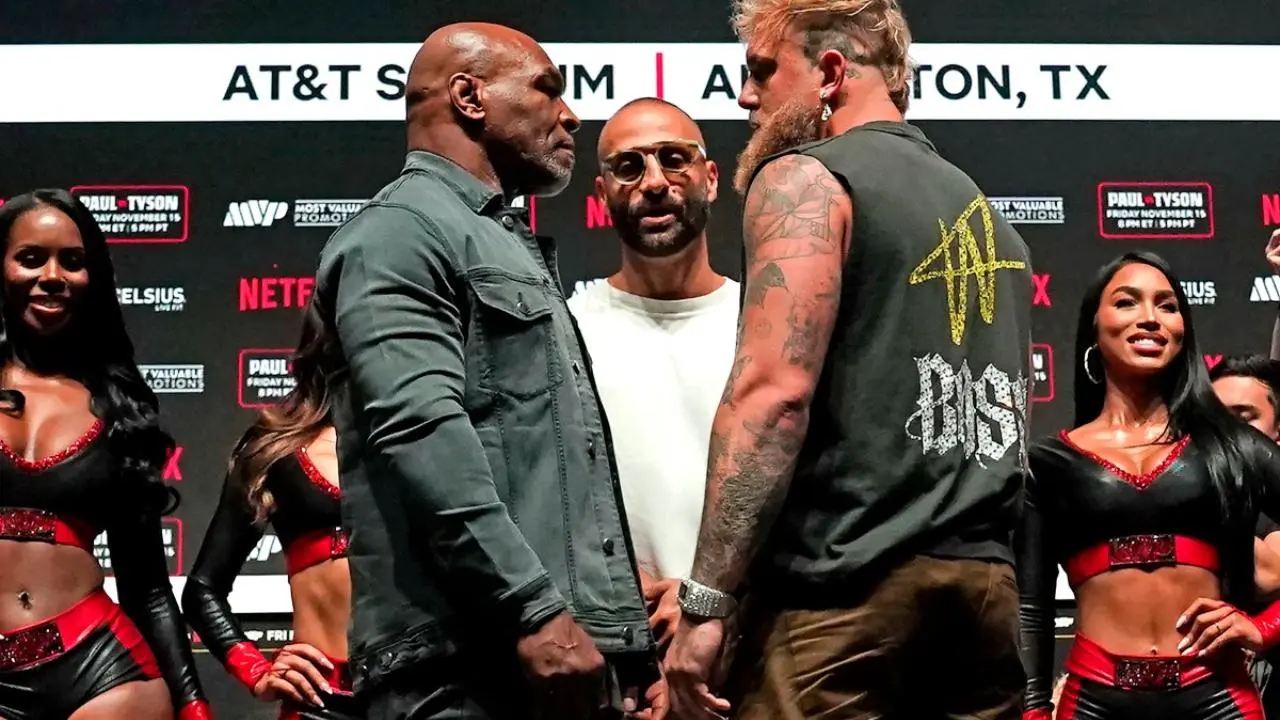In recent days, political and media circles have been abuzz with the return of Fox News personality Pete Hegseth to Capitol Hill, where he met with several U.S. Senators for what many believe was a behind-the-scenes attempt to influence policymaking and gain insight into legislative agendas. However, during his visit, Hegseth appeared to deliberately sidestep questions concerning allegations of misconduct, drawing the attention of political commentators, the press, and the public alike. The incident has raised significant questions about the intersection of media personalities, politics, and ethical standards.
This article explores the context of Hegseth’s visit to Capitol Hill, the allegations of misconduct that he chose not to address, and the broader implications of such interactions between media figures and lawmakers. We will also delve into the potential consequences of this behavior for both Hegseth’s career and the integrity of political discourse.
The Return to Capitol Hill
Pete Hegseth, a prominent figure on Fox News, is known for his conservative views and commentary on national issues. As the host of Fox & Friends Weekend, Hegseth has built a reputation as a staunch supporter of traditional American values, often advocating for strong national security measures, limited government, and conservative social policies. His public persona has positioned him as a trusted voice among conservative circles, and his influence has grown significantly within the media landscape.
On a recent trip to Capitol Hill, Hegseth met with several Republican Senators, fueling speculation about the nature of the meetings. Hegseth has often positioned himself as a strong political ally of conservative lawmakers, so his visit was seen by many as an opportunity to discuss upcoming legislative issues, share viewpoints, and possibly even shape policy direction. Given his platform at Fox News and the growing alignment between media figures and politicians, these kinds of interactions between media personalities and lawmakers are increasingly common.
However, it was not Hegseth’s meetings that captured the most attention. Instead, it was his refusal to address questions from reporters regarding allegations of personal misconduct that garnered headlines.
The Allegations of Misconduct
Pete Hegseth has long been a subject of media scrutiny, with controversies occasionally surfacing throughout his career. The most notable of these concerns are accusations of workplace misconduct, which have surfaced in various forms over the years. These include allegations of inappropriate behavior, sexist remarks, and questionable ethical practices during his time both as a military officer and as a public figure.
Despite these allegations, Hegseth has maintained a largely unrepentant stance. He has consistently denied any wrongdoing, and many of the claims against him have either been dismissed or have failed to gain widespread traction. However, the fact that the allegations continue to follow him is undeniable. Critics argue that his failure to address these questions directly only further fuels the controversy, leaving unanswered questions about his actions and character.
When asked about the misconduct claims during his visit to Capitol Hill, Hegseth chose not to respond. Instead of engaging with the press on these pressing issues, he ignored the questions and continued with his meetings. This decision to remain silent rather than provide clarity or defend himself has only added fuel to the fire, sparking further debate about his credibility and the ethical standards of the political figures with whom he associates.
The Role of Media Personalities in Politics
The incident raises important questions about the growing influence of media personalities in shaping political discourse and influencing policy decisions. In recent years, the lines between media, politics, and public relations have become increasingly blurred. Television anchors, political pundits, and social media influencers now hold significant sway over the national conversation, especially within polarized political environments.
In this context, figures like Pete Hegseth are not simply reporters or commentators but active participants in the political process. Their close relationships with lawmakers and their ability to shape public opinion make them powerful players on the national stage. However, when such figures are involved in controversies—especially regarding personal misconduct—their influence becomes more problematic.
In the case of Hegseth, his avoidance of questions about his alleged misconduct highlights a larger issue within the political-media complex: accountability. As media personalities become more entwined with politicians, it becomes harder to distinguish where the line between objective journalism and political advocacy lies. Hegseth’s refusal to engage with the press on these matters serves as an example of how public figures in the media sometimes sidestep scrutiny, undermining the principles of transparency and accountability that are essential in a functioning democracy.
The Implications for Capitol Hill and the Senators Involved
The senators Hegseth met with during his Capitol Hill visit have also come under scrutiny. While it is common for lawmakers to engage with media figures, the nature of those interactions matters. When a public figure like Hegseth, who is embroiled in ongoing controversy, meets with influential senators, it raises questions about the kind of advice or influence being exerted behind closed doors.
Politicians rely on media personalities to reach their constituencies, shape narratives, and rally support for policy initiatives. However, when these figures are embroiled in scandals or controversies, their associations can reflect poorly on the politicians who engage with them. In this instance, by meeting with Hegseth while he was evading questions about his alleged misconduct, senators may risk appearing complicit in a culture of avoidance and lack of accountability.
Moreover, the optics of such meetings could affect public trust in both the media and the political system. If lawmakers continue to embrace media figures who are not held to the same standards of accountability as other public servants, it may reinforce the perception that politicians and media personalities are more interested in protecting their own interests than in serving the public.
Public Perception and Hegseth’s Reputation
Pete Hegseth’s decision to ignore questions about misconduct during his visit to Capitol Hill will undoubtedly have an impact on his reputation. While many of his supporters may view his avoidance of the questions as a reflection of confidence or defiance, others will see it as an unwillingness to engage in meaningful dialogue or take responsibility for his actions.
For those who have followed his career, the incident may reinforce existing opinions about Hegseth’s character. For some, his refusal to answer questions could solidify his image as a political insider who is willing to evade tough questions for the sake of preserving his public image. For others, his behavior may represent the kind of unaccountability that has become increasingly associated with political and media elites.
In the long term, Hegseth’s handling of these allegations could determine his future in both media and political circles. If he continues to avoid addressing the concerns surrounding his behavior, he risks alienating a portion of his audience, including those who expect more transparency and honesty from public figures. On the other hand, a more proactive approach—such as addressing the allegations directly—could help him regain credibility and continue to leverage his influence in the media.
Conclusion: The Importance of Accountability
Pete Hegseth’s refusal to answer questions about alleged misconduct during his visit to Capitol Hill underscores a larger issue that has come to define both the media and political spheres in the United States. As media personalities gain increasing influence in the political process, the need for transparency and accountability becomes even more crucial.
Hegseth’s avoidance of difficult questions reflects a broader trend in which powerful figures—whether in politics, media, or other sectors—are able to evade scrutiny without consequence. For the sake of preserving the integrity of both political discourse and the media landscape, it is essential that individuals like Hegseth face questions about their behavior, no matter their position or platform.



